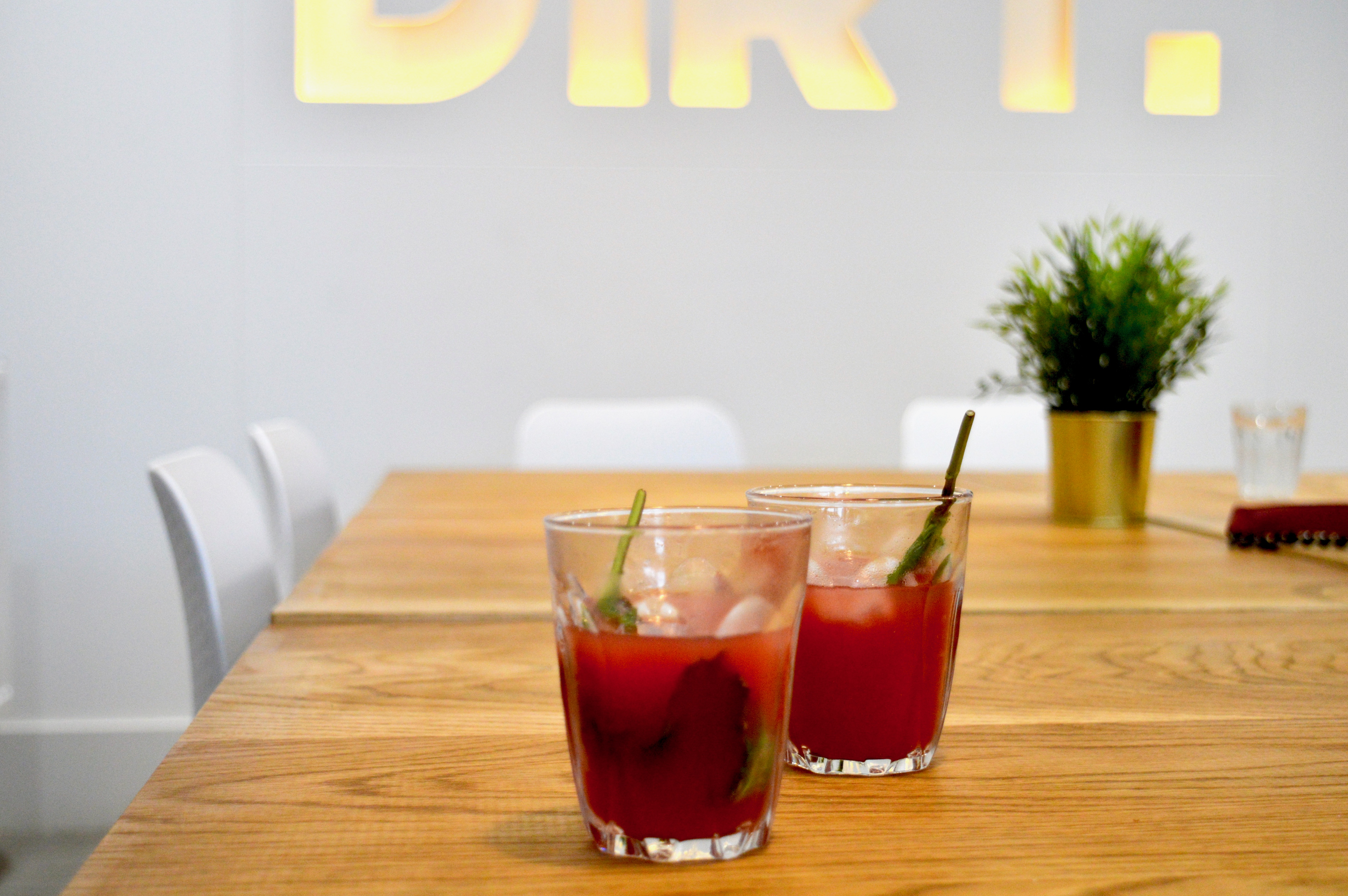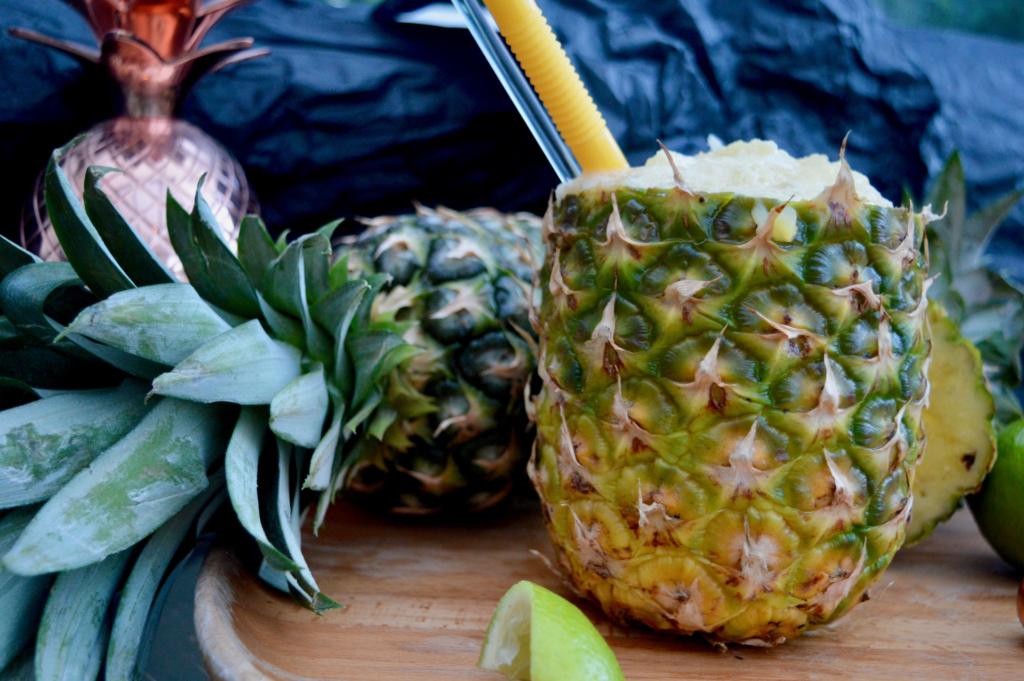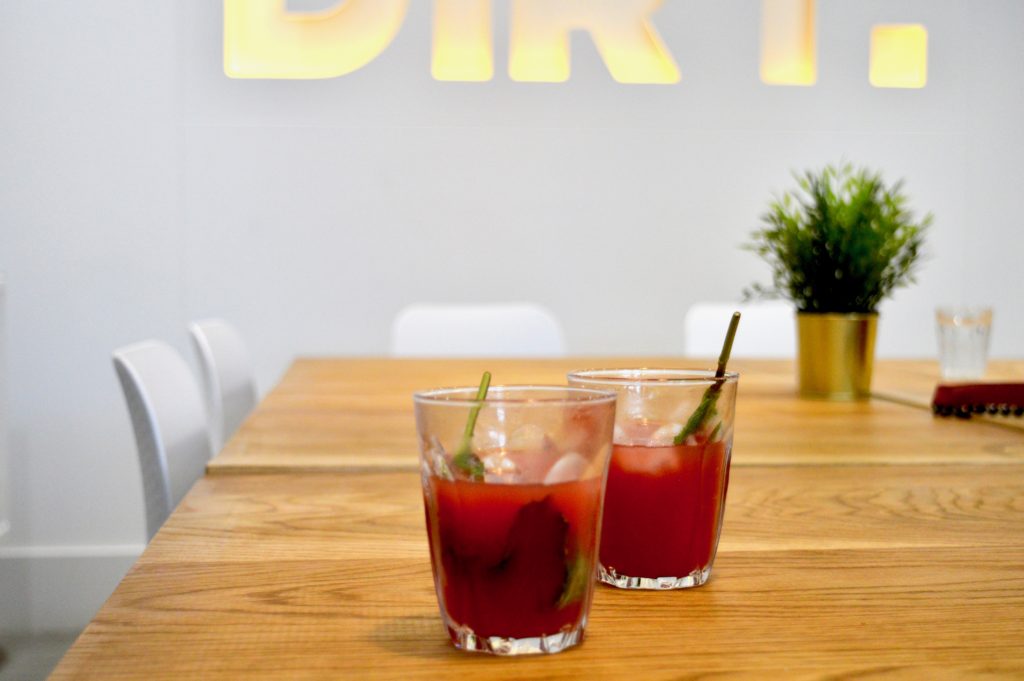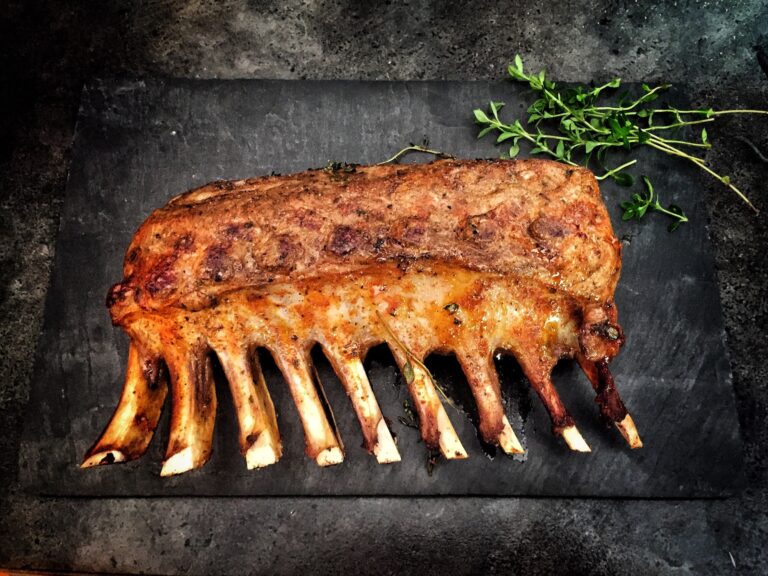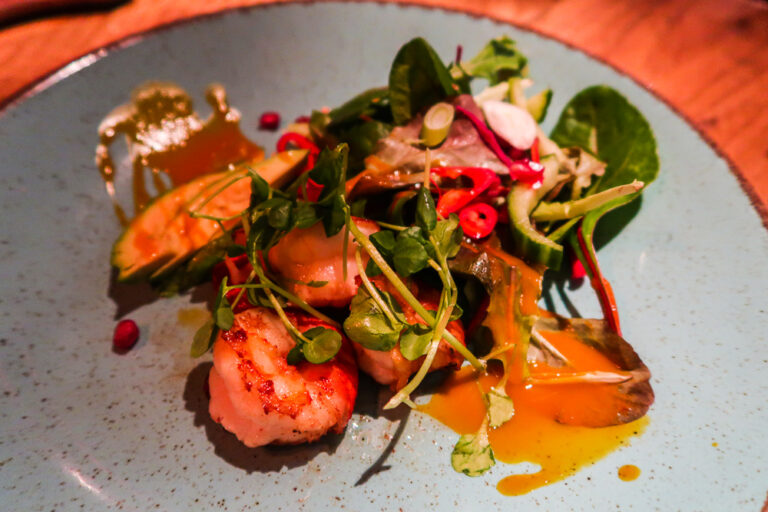5 Important Things To Consider Before Buying A Juicer
If you have been using a food processor as a juicer then you may want to get a more specialist piece of equipment. That should mean an actual juicer, one that can process whatever you want with a great juice yield. Consider how often you intend to use it, how much you want to spend on one, and the potential noise it will create. Once you have weighed up your decision, make a list of the smoothies you want to create and the ingredients you want to combine.
5 Important Things To Consider Before Buying A Juicer
The Ingredients You Plan On Juicing
The decision to simply juice soft vegetables and fruits is a fundamental one as certain juicers may find wheatgrass and tough greens difficult to process. What you decide to juice has a fundamental impact on your choice of juicer as only basic smoothies can be created with a low-end juicer which may be limiting your choices. As soon as you expand to more solid vegetables, harder fruits, and leafy greens, you should expect to be using a high-end juicer to get the most out of those ingredients. There is a huge range of ingredients that you can process yet not all of them can be juiced in every single available juicer.
The Juice Yield
With a slower, masticating juicer, you can expect a larger fruit yield just because it goes that slow. Check the pulp at the end of a juicing to see whether the maximum amount of juice has been extracted though. The drier and more solid the pulp, the better that is for the fruit yield you can expect every time you use it. If you do end up with a dripping piece of pulp that is clearly still wet then it may be that the juicer is not quite as adequate as you thought, it’s also an option to have a juicer that keeps the pulp.
How Often You Intend To Use It
Deciding on how many smoothies you intend to create on a regular basis should help you define on which juicer you want. That may be a single smoothie every week, one per day, or several liters during the week. You should be able to rely on a juicer that you can depend on, that is easy to clean, and that creates smoothies quickly. For the best-quality juice at a slower rate, opt for a masticating juicer rather than a high-speed centrifugal one if time is not a huge problem.
How Much You Want To Spend
The more you intend to use a juicer, the better value you can get out of a higher-end model. Simply imagine the amount of money you can save from making your own tailored smoothies rather than buying them from the store. The variance in price for a juicer is typically dependent on juicing capabilities, the rpm, the size, and several other specs. You may also have a figure in mind for how much you want to spend on a juicer but keep in mind the possible maintenance costs too if it breaks often.
The Noise It Will Create
If you do opt for a cheaper model you can expect a fair amount of noise to come with it. The amount of noise that a juicer can create is substantial and if you want one for the morning rush then bear in mind that it may be loud enough to wake up a baby. The noisiest juicers will be those that run on a high rpm which can range from 5,000 to 15,000 rpm and the higher the value, the louder it will be. It can take a few minutes to make a delicious smoothie yet is it truly worth the bother if you will have to deal with a screaming baby?
Summary
There is so much goodness that can come from a well-crafted smoothie that it should be a great idea to get a juicer as an investment. With so many juicers available on the market, it can be a big decision to get the right one, especially if you hit the gym every day and need to feed your body with certain nutrients. Once you have worked out your budget, check the rpm to have an idea of how noisy it could be but also think about how often you intend to use the juicer. With a high-end model, you can expect it to pay for itself after a few uses though a masticating juicer may be best simply for the fruit yield.

